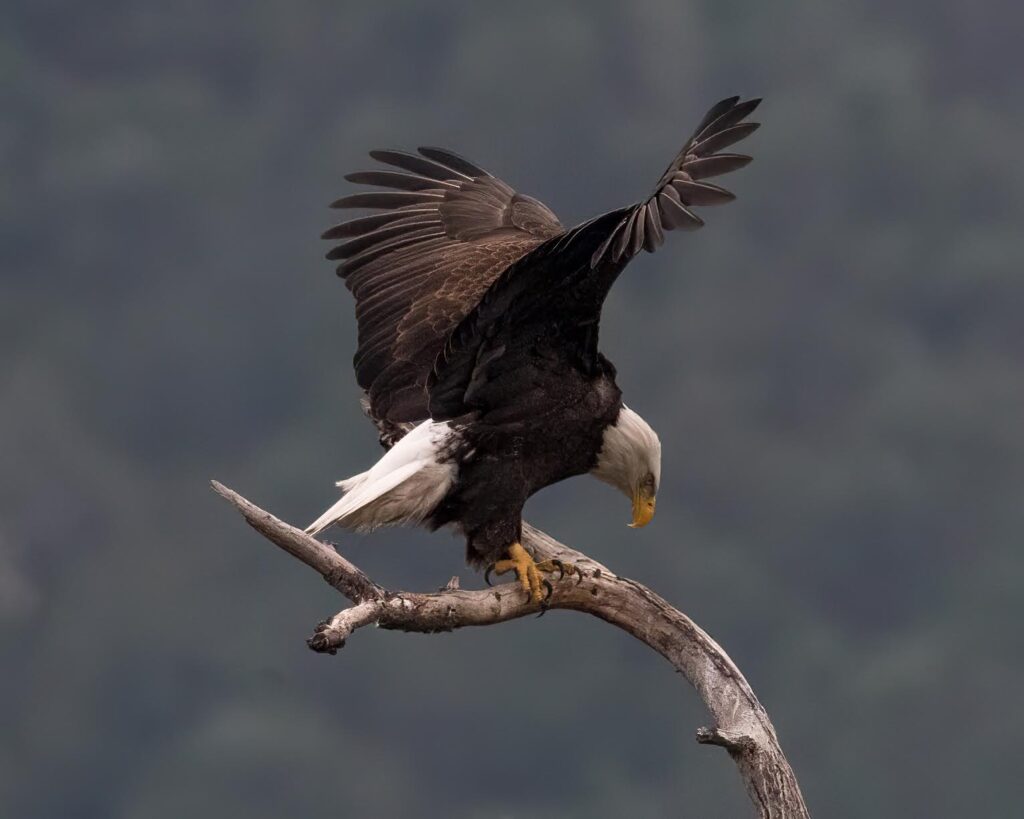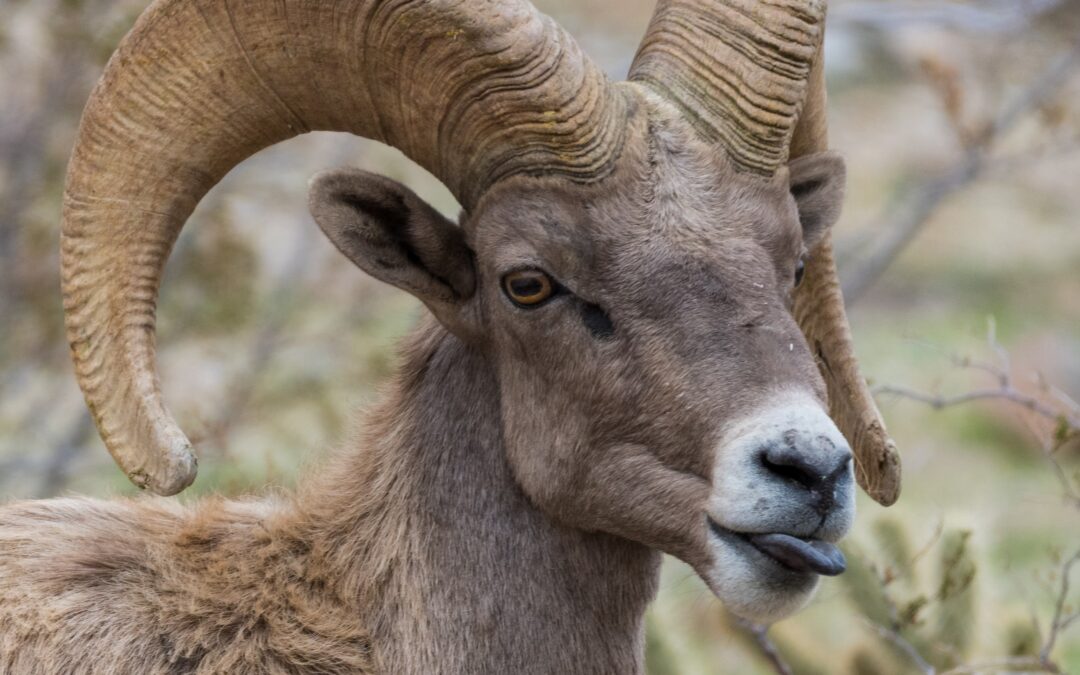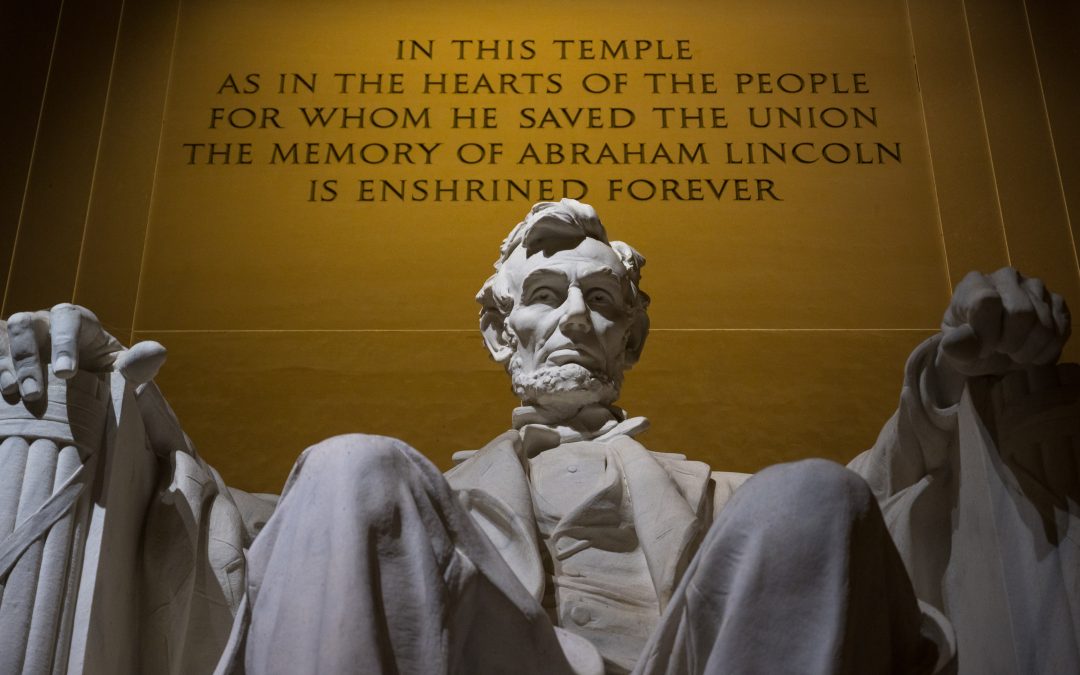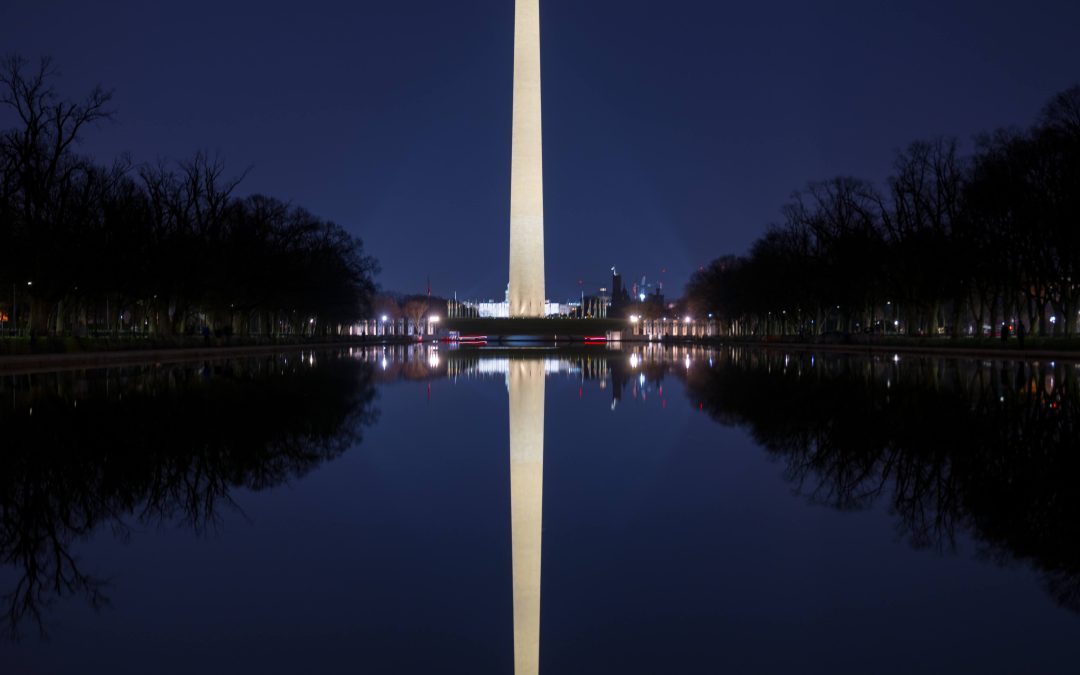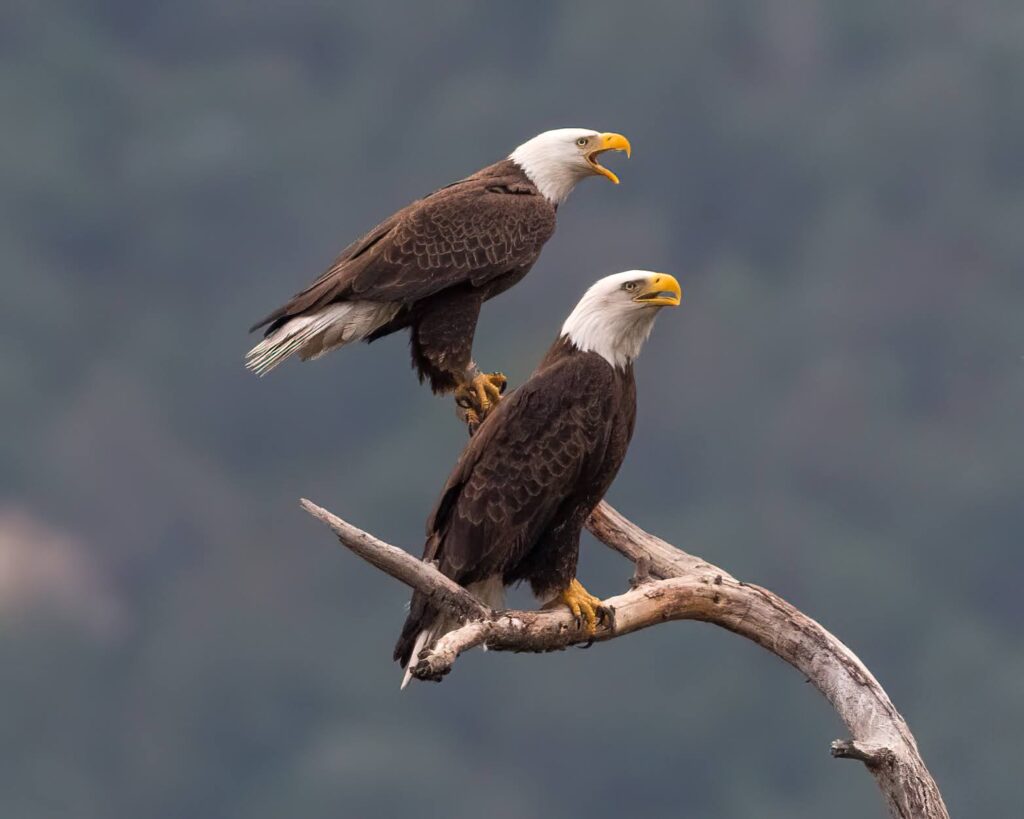
Perched high upon the barren branches, the bald eagle (Haliaeetus leucocephalus) stands as a symbol of freedom and strength. This regal bird, depicted in the accompanying powerful image, is not only the national emblem of the United States but also a fascinating species with remarkable traits that command respect in the avian world.
The Iconic Stature
The bald eagle, with its distinctive white head and tail contrasting sharply against its chocolate-brown body and wings, creates an iconic silhouette against the open sky. Males and females are similar in coloration, but like many birds of prey, females are larger, boasting a wingspan that can reach up to 8 feet. This physical distinction is more than just a matter of size; it’s an adaptation that allows pairs to efficiently divide hunting territories and strategies.
A Hunter and Scavenger
Eagles are exceptional hunters, known for their keen eyesight that enables them to spot prey from a distance. They primarily feed on fish, swooping down with incredible precision to pluck them from the water with their sharp talons. However, they are also opportunistic feeders and will not shy away from scavenging when the opportunity arises, showcasing their adaptability and survival instincts.
Habitat and Range
Bald eagles were once widespread across North America, but their numbers declined drastically in the mid-20th century due to hunting, habitat destruction, and the harmful effects of the pesticide DDT. Conservation efforts have since brought their numbers back from the brink of extinction, a testament to the species’ resilience and the effectiveness of wildlife management policies.
Today, they are most commonly found near large bodies of open water with abundant food supplies and old-growth trees for nesting. The grandeur of their flight and their piercing calls, which echo across the expanse, remind us of the wild that still thrives among us.
Mating Rituals and Nesting
The bald eagle is also known for its dramatic mating displays, which include aerial acrobatics, such as the breathtaking “death spiral,” where two eagles lock talons and tumble toward the earth, breaking apart at the last moment. These displays reinforce pair bonds and are a prelude to nesting, where they build some of the largest nests of any bird species, often returning and adding to the same nest year after year.
A Conservation Success Story
The resurgence of the bald eagle population is a powerful symbol of conservation success. Their recovery, bolstered by the ban of DDT and protections under the Endangered Species Act, is a beacon of hope for other species facing environmental threats. It’s a story that highlights the bald eagle’s importance as a keystone species and an emblem of ecological preservation.
Conclusion
The bald eagle, with its fierce beauty and fighting spirit, captures our imagination and embodies the wild essence of America’s landscapes. As you gaze upon the image of the bald eagle calling out into the vastness, remember that this majestic creature’s story is interwoven with our own, a narrative of resilience, survival, and the ongoing quest for conservation.
